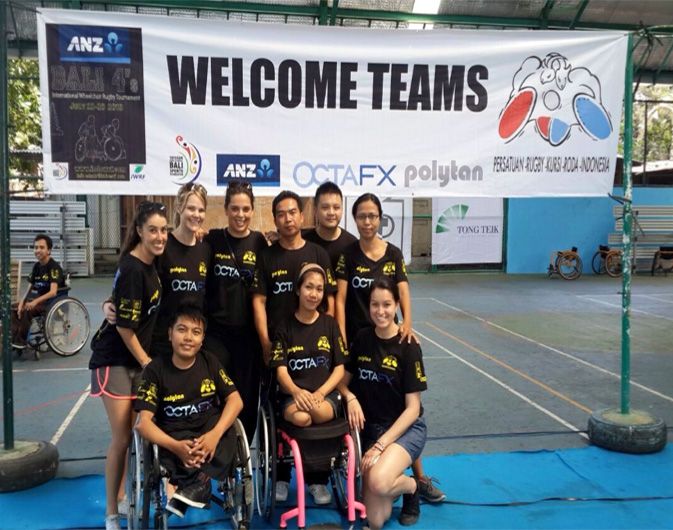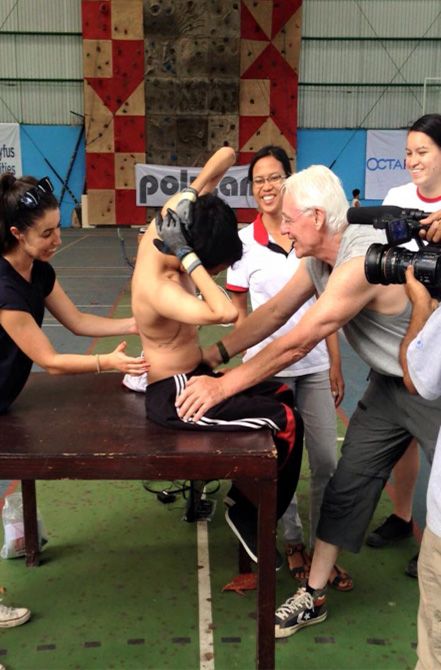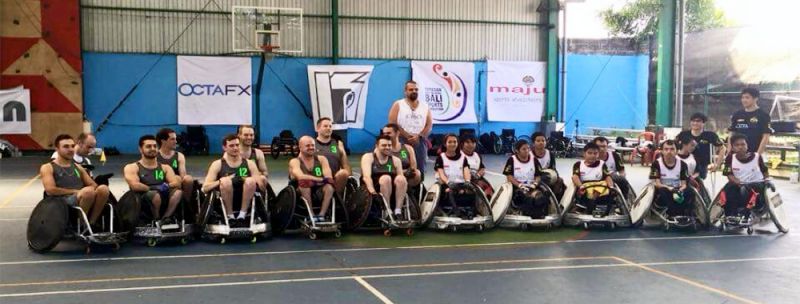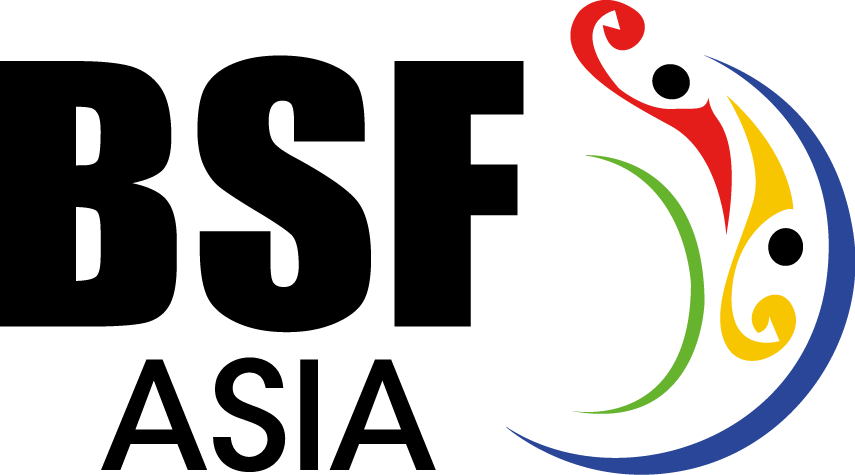No products in the cart.
Bali 4’s review by UWS Volunteers

Bali 4s Review
Through the eyes of 4 University of Western Sydney Occupational Therapy Students
As part of our Occupational Therapy programme at the University of Western Sydney, we were presented with an exciting opportunity to come to Bali and work with the amazing staff and athletes at the BSF Asia (BSF) for 8 weeks. The focus of occupational therapy is to enable individuals to participate and engage in activities that provide meaning and purpose in their lives. Within the occupational therapy framework, leisure and play are key components yet they are often overlooked. Engagement in leisure provides opportunities for social interaction, pursuing interests and hobbies that contributes to an individual’s identity and sense of wellbeing.

Over the four days of observing and being a part of the Bali 4s tournament gave an insight into how sport plays an instrumental role to these individuals who experience disability. With some teams pulling out last minute due to the foreboding presence of the ash cloud, it ended up just the Australian and Indonesian teams competing. Whilst this was initially disappointing, it turned out to be an opportunity for the Indonesian team to develop skills, implement strategies and most importantly increase their confidence. The Australian team were understanding of the conditions that the Indonesian team experience such as the limitation of available equipment, the varying range of disabilities of the athletes and their functional capacity.
From an occupational therapy perspective, the most apparent difference between the Australian team and Indonesian team were the wheelchairs used during the game. In terms of function the individually customised chairs used by the Australians put them at an advantaged as they were more appropriate for the games dynamic and the players individual needs,however it should be noted that the Australian wheelchairs cost over 10 times as much as the chairs used by the Indonesians,who have to share the chairs amongst everyone when playing the domestic league. This emphasises the need for future seating and positioning assessments of players which can be provided by an occupational therapist and will benefit players and their performance on the field.
We had the pleasure of working alongside Keese, an international classifier for wheelchair rugby, who allowed us to participate in the functional assessments of the players from the Indonesian team. This enabled us to gain a greater understanding of the classification process and individual players functional abilities. It provided further insight into how their functional abilities affected their on court performance as well as allowing us to observe where occupational therapy can assist in improving their performance.

Getting to the game was a feat in itself for both teams. Firstly, ensuring that there were enough vehicles to accommodate the players and their wheelchairs posed its own challenges. Access to an appropriate means of transport was also a concern. Transport to and from the court required the use of multiple vehicles including bali’s only accessible bus which had insufficient capacity thus, multiple trips and BSF staff and vehicles were required in the transportation process. Furthermore, transfers in and out of the vehicles appeared unsafe for both players and staff and became a timely process.
The atmosphere over the four days both on and off the court by supporters, players and volunteers was positively overwhelming. The determination and the effort of the Indonesian team didn’t falter for the duration of the games, it only seemed to increase and this was reflected in the players body language. All the smiling faces, laughter and good sportsmanship from both sides made it an absolute delight to be a part of. As reported by one member of the Australian team, the language barrier was not a concern as there was a common language between all players; the love and passion for the sport. The Australians were wonderful mentors going above and beyond to accommodate the absence of the other teams through facilitating impromptu workshops to teach and further develop the skills of the Indonesian team.

Upon speaking to one of the Australian team members he summed up the experience perfectly stating that it was one of the most thrilling and exhilarating experiences he has been part of and the smiles on everyone’s faces will stay with him. From our perspective it was a great introduction into wheelchair rugby and we thoroughly enjoyed this experience and cannot wait to work with the athletes and BSF to offer sustainable strategies which will continue to improve their performance.
By Clare Comino, Kimberly Brown, Danielle Guy and Danica McKay
